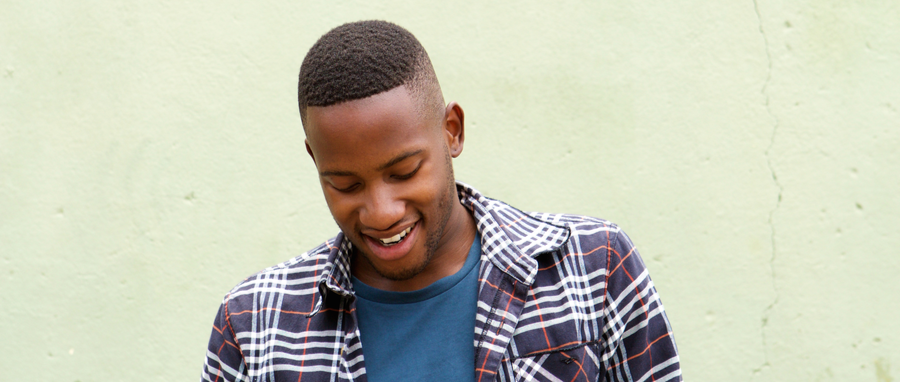We live in a society that assumes happiness is the pinnacle of human emotional potential. Before discussing how to foster happiness daily, let’s examine what it is exactly. Happiness is a state of being, and because of this, it is not something that is sustainable over the long haul, nor would we want it to be! Happiness acts in opposition to sadness, and in this way, we can begin to see the mistake our society makes in elevating its importance to the degree it is. If we had to imagine a society where there is no sadness, we would quickly realize that this is not something we should be striving for as sadness is foundational for growth, integration, and it gives happiness its positive qualities. Rather than thinking of happiness as a state that we are trying to achieve, let’s try and reformulate our perceptions and view it as an acceptance and appreciation for the small things that we experience on a daily basis. If we really commit ourselves to examining the world, we can find happiness in the most unlikely of places. The temperature of our coffee was just right this morning, the waitress gave me extra jelly packets for my toast, the dying plant in my backyard has begun to grow after the rain, and my boss recognized me for a job well done at work. While these small events don’t necessary equate to a more extravagant version of happiness that could only be brought about at Disneyland or on our wedding day, nonetheless, these small events actually make up a majority of our sum total happiness.
Another component that is crucial to the ability to extrapolate happiness from life is gratitude. If we can foster the ability to be grateful for all things, large and small, it will make the discovery of happiness much easier, and will allow us to find happiness in ways we have never dreamed. Fostering an attitude of gratitude is not always an easy task, especially in the context of addiction recovery. A simple place to start is notice how pessimistic our perspective can be. We can go through life resentful at our biological predisposition to substance abuse, at the fact that it manifested itself in addiction, at the discord in our families, and in the unfair losses we have experienced. If we, however, are able to tweak this perspective into one that instead applies gratitude for that fact that we get to be alive, that we have a chance at recovery, and that we are capable of creating a life that is so worth living that we have no desire to return to addiction, we will be able to marinate in a state of happiness for longer periods of time, and on more frequent occasions.






